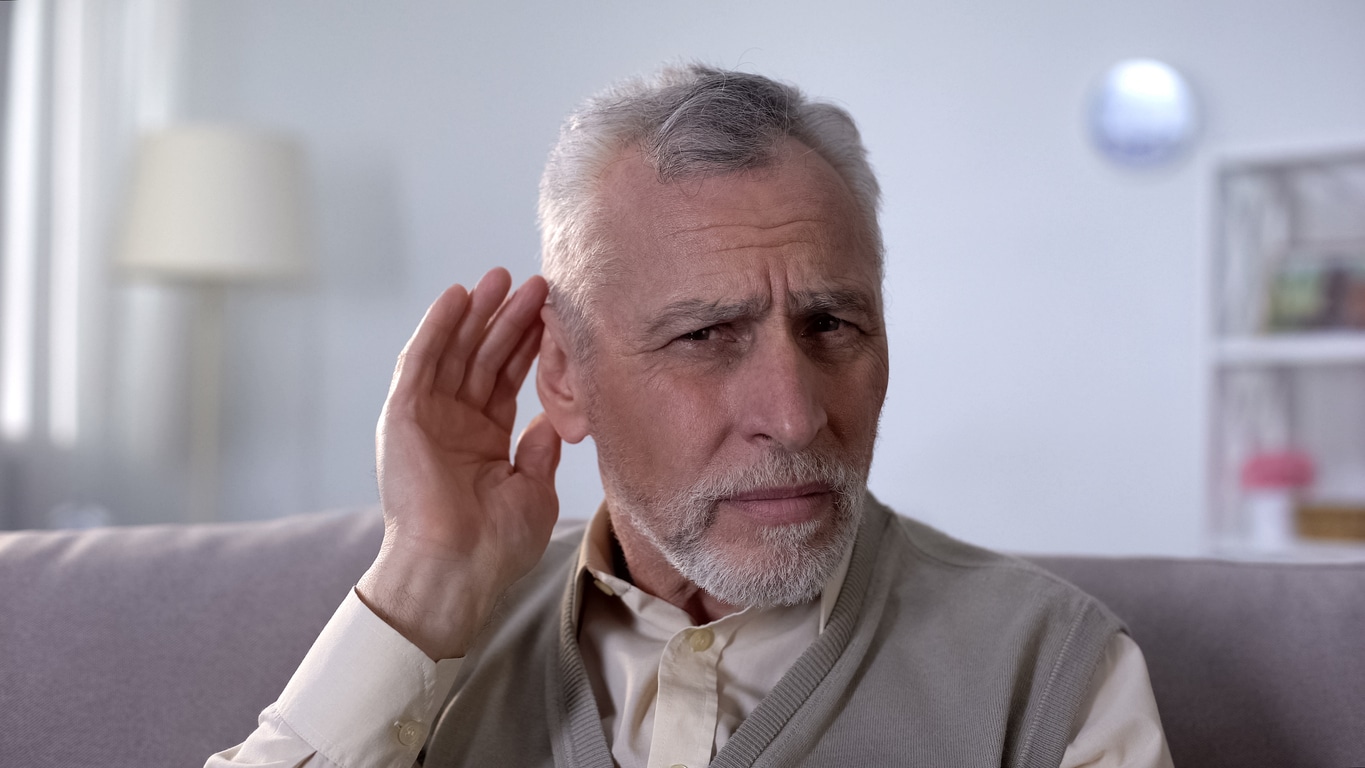Struggling to hear words or follow conversations, especially in noisy settings, is a common sign that it’s time for a hearing test. However, some people will get their hearing test results (called an “audiogram”) back and find that everything is in normal range. If this has happened to you, you may have a condition known as hidden hearing loss.

What Is Hidden Hearing Loss?
Hidden hearing loss (HHL) is a relatively new term, and there is ongoing research on what HHL is and what causes it. Essentially, people with HHL have normal hearing thresholds—meaning their ears can pick up sound signals and transmit them to the brain with no issue—but the brain struggles to process those sound signals correctly, as if they got lost in translation.
It is believed that HHL occurs due to the degradation or damage of the neural synapses that relay information from the ears to the brain. Recent studies suggest that aging, loud noise exposure and ototoxic drugs may cause HHL, but more research needs to be done to know for sure.
How Is Hidden Hearing Loss Tested?
Classic hearing tests, where you sit in a soundproof room with headphones on and listen for beeps at various pitches, measure how well your ears detect certain frequencies, but not how well your brain processes them. This is why HHL has flown under the radar for researchers for so long.
Speech-in-noise hearing testing may catch HHL. It also makes use of the soundproof room and headphones, but the audio played in a speech-in-noise test isn’t a series of beeps; it’s recordings of speech played over background noise. The listener will be asked to repeat what was said in the recording. As the test progresses, the background noise will change volume and pitch, as will the speech.
How Is Hidden Hearing Loss Treated?
Every individual is different, and every hearing loss is different. Moreover, there’s still much to learn about how HHL affects the auditory system. Because of this, treatment for HHL will vary. Some treatments include:
- Hearing aids with a specialized speech-in-noise program.
- Improving communication skills when speaking to make conversations easier to follow.
- Environmental changes to adjust and control background noise, such as closing doors and windows.
- Avoiding loud environments where hearing will be more difficult. This will also protect from further noise-induced hearing loss.
If you suspect you have hearing loss, whether it’s HHL or otherwise, it’s time to visit an audiologist. Discuss your concerns about speech in noise, and if necessary, bring up performing a speech-in-noise hearing test. Our team at Audiology Associates of Redding is passionate about getting you the hearing health care you need. Call today to make an appointment.